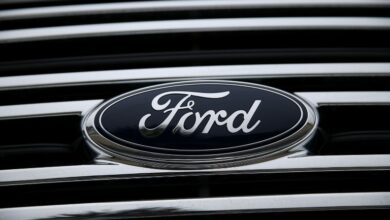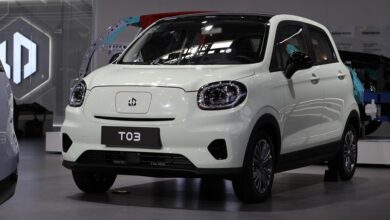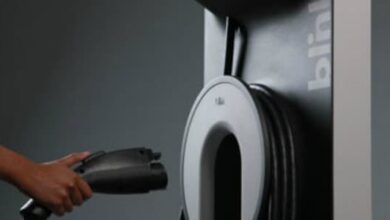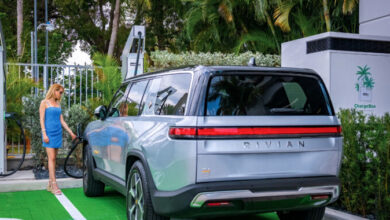Most Americans Would Still Buy ICE Vehicles And Hybrids Over EVs: Survey
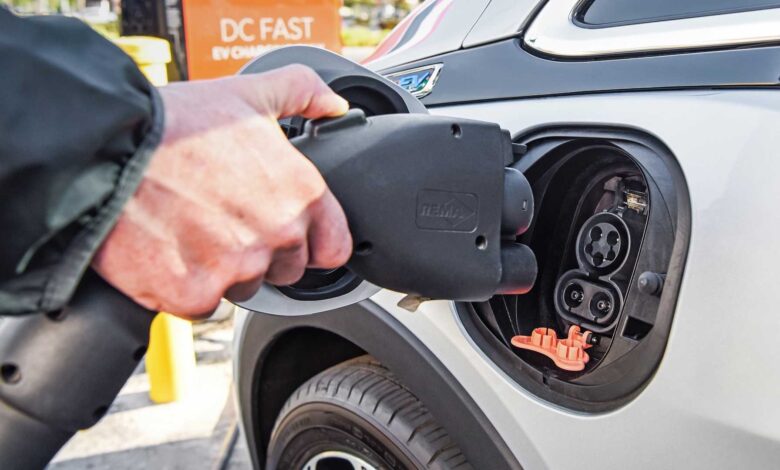
There seems to be a gap between automakers’ EV sales expectations and the reality of the car-buying public’s preferences.
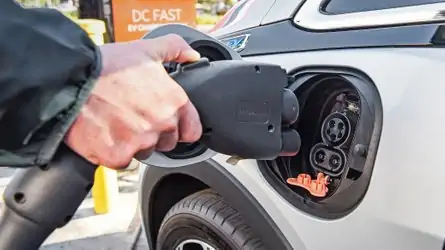
Even though Americans seem open to buying electric vehicles and automakers are enthusiastically pushing them to market and announcing grand electrification plans, we still have a long way to go until mass EV adoption. Several studies have been conducted over the last few years that have suggested American car buyers would much rather pick a pure combustion car or a hybrid over an EV, and a new survey seems to confirm not much has changed.
KPMG posted the results of its first-ever American Perspective Survey, which compiled the answers of 1,100 adults across the country and 400 additional people from Atlanta, Boston, Chicago, New York, and San Francisco. Among the many insights it provides is a look at Americans’ desire to buy an electric car to help with the transition to a low-carbon economy.
Car buyers would rather pump gas than plug in
While there have never been as many car buyers in the US who are considering an electric vehicle, they’re still about one in five, which is a lot less than in China with its much broader spectrum of available EVs.
Only 20% (or one in five) of those questioned said they would choose an electric vehicle over a combustion or hybrid car. The largest proportion of respondents (38%) said they would still buy a pure-combustion car, while 34% said they would opt for a hybrid. The propensity toward buying hybrids was slightly higher on the West Coast, where 43% of buyers said they would get a hybrid.
According to the survey, one of the main reasons people wouldn’t buy an electric car today is that they would spend too much time waiting for it to charge. It found that 60% of respondents wanted EVs whose batteries could be charged in 20 minutes, which is currently only a handful of the electric models available on the market—the Hyundai Ioniq 6.
However, the Ioniq 6 is one of the quickest-charging EVs available (thanks to its 800-volt architecture), and it takes 18 minutes to charge from 10 to 80%. This can only be achieved in ideal conditions with a powerful enough charger, so it also depends on the performance of the EV charging network.
One significant omission of this study seems to be the cost of EVs. There are hardly any affordable EVs in America, and the prospect of getting sub-$20,000 models on the market in the near future is unlikely (although a plan appears to be taking shape). Another recent survey paints a slightly different and more nuanced picture of Americans’ car-buying preferences. It suggests people would consider EVs if more affordable models were available, even if they came from China.
The Chinese car market is an interesting case study from another big car market, where the shift from combustion to electric has been much quicker. One of the big reasons more Chinese buyers are considering EVs is that they have many more models to choose from over a much broader price range, which starts at under $10,000 for a fully-fledged small car like the popular BYD Seagull.
Read more
